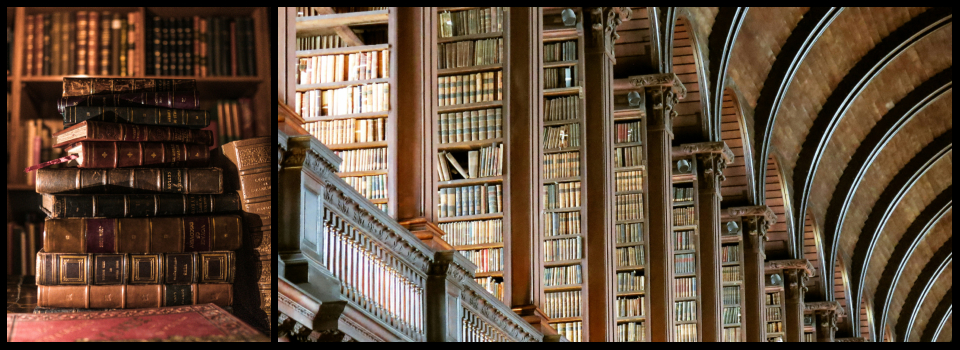SPA344H: The Spanish Sensorium
Conducting Research in Sensory Studies
General Surveys & Anthologies
on the History of the Senses
Classen, Constance, et al. Aroma: the Cultural History of Smell. Routledge, 1994.
An in-depth examination of the cultural significance of odours throughout Western history and also explores their importance in non-Western societies. It covers a wide range of topics, including the medieval concept of sanctity associated with certain smells, aromatherapies practices in South America, societal stereotypes surrounding gender and ethnicity based on scent in modern times, as well as the role of smell in postmodernity. Also available as an ebook.
Drobnick, Jim, editor. The Smell Culture Reader. Berg, 2006.
Howes, David. Empire of the Senses: the Sensual Culture Reader. Berg, 2005.
A compelling revisionist text which places sensory experience at the forefront of cultural studies. The book takes the reader into the sensory worlds of the medieval witch and the postmodern mall, a Japanese tea ceremony and a Boston shelter for the homeless. Includes contributions by Alain Corbin, Marshall McLuhan, Oliver Sacks, Italo Calvino, and other prominent scholars and writers. Also available as an ebook.
Korsmeyer, Carolyn, editor. The Taste Culture Reader: Experiencing Food and Drink. 2nd ed., Bloomsbury Academic, 2017.
Examines the sensuous dimensions of eating and drinking and highlights the centrality of taste in human experience. Combining both classic and contemporary sources from anthropology, philosophy, sociology, history, science, and other disciplines, the book features excerpts from texts by David Hume, Immanuel Kant, Pierre Bourdieu, Marcel Proust, and Constance Classen, among others.
Muchembled, Robert. Smells: A Cultural History of Odours in Early Modern Times. Translated by Susan Pickford, Polity, 2020.
A rich cultural history of scents that restores smell to its rightful place as one of our most important senses and examines the transformation of smells in the West from the Renaissance to the beginning of the nineteenth century.
Pearlstine, Elise Vernon. Scent: A Natural History of Fragrance. Yale University Press, 2022.
An excellent analysis of the natural history of aromatic substances and their intersection with human culture and civilization. The book explores into themes of spirituality, wealth, power, addiction, royalty, fantasy, and other aspects of life in relation to fragrances.
Reinarz, Jonathan. Past Scents: Historical Perspectives on Smell. University of Illinois Press, 2014.
A comprehensive historical analysis of smell from ancient to modern times. Synthesizing the existing scholarship in the field, the book examines how people have relied on their olfactory sense to understand and engage with both their immediate environments and wider corporal and spiritual worlds. It explores such topics as smell and religion, the development of the perfume trade, the relationship between gender and smell, and scents associated with urban areas.
Smith, Mark M., editor. Smell and History: A Reader. West Virginia University Press, 2019.
An edited collection of the most important academic essays on the history of scent, aromas, perfumes, and ways of smelling. They explore how olfaction and scent have shaped the history of medicine, gender, race-making, class formation, religion, urbanization, colonialism, capitalism, and industrialization; how habits and practices of smelling informed ideas about the Enlightenment, modernity, and memory; how smell shaped perceptions of progress and civilization; and how people throughout history have used smell as a way to organize categories and inform worldviews.
Tullett, William. Smell and the Past: Noses, Archives, Narratives. Bloomsbury Academic, 2023.
An interdisciplinary approach to sensory heritage and history, arguing that we can and should engage our noses as a research tool for articulating the past. Assessing how both we and our ancestors approach, understand and conceptualise smell, Tullett shows how archives can be 're-odorized' to uncover narratives that are only implicit in or obscured by the historical record.
created by: Agatha Barc & Colin Deinhardt | updated: 6 November 2024
Last updated: November 6, 2024
 Ask Us
Ask Us
